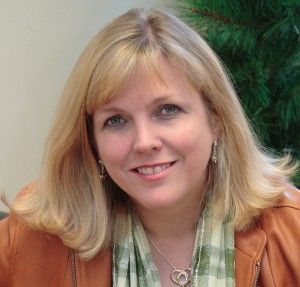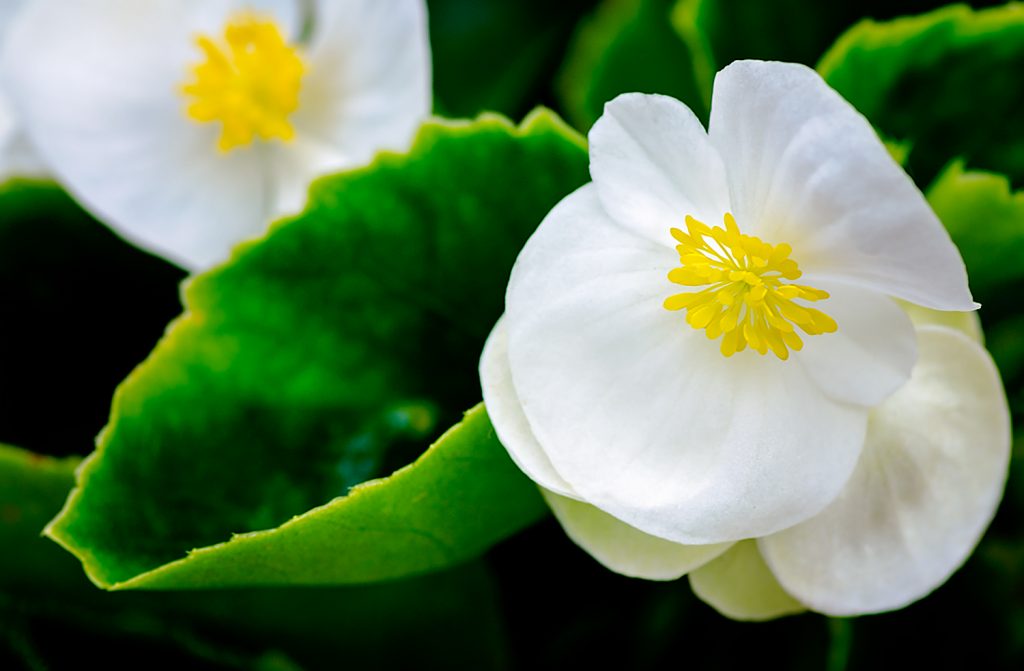
This week, Richard Kline, MD, of The Center for Natural Breast Reconstruction answers your question about breast reconstruction.
Question: I learned from my doctor at MUSC yesterday that I do not have enough fat and am therefore not a candidate for DIEP surgery. He suggested I make an appointment with you before my surgery for mastectomy. I do not have clean margins in my right breast after lumpectomy and I have chosen to have both breasts removed. If I am eligible for GAP, is there any difference with having it done at the same time or later? I am 70 years old, healthy, an avid tennis player, with no chemo or radiation needed.
Answer: We have done about 300 GAP flaps with a 95.7% success rate. There are actually advantages to having the GAP surgery done at a later date, as it is a much more involved and lengthy surgery than the DIEP.
I would be delighted to see you at any time, evaluate your donor sites, and discuss options in more detail.
Thanks for contacting us, and I look forward to hearing from you.
Have a question about breast reconstruction or post-surgical you’d like answered from our surgical team? Just ask!

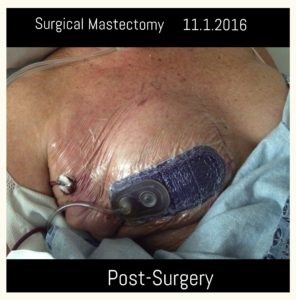
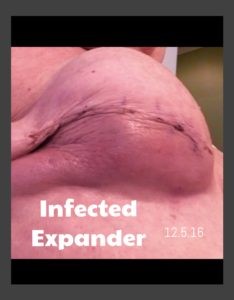
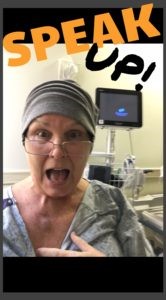
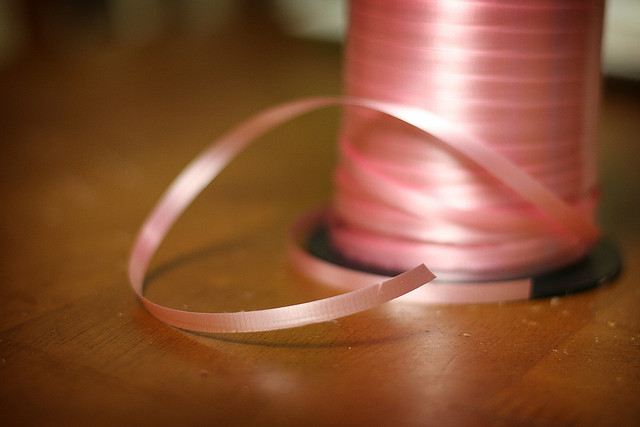




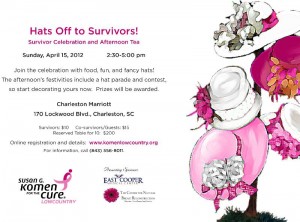
![GITW-Shoe-Logo-For-CC[1]](http://breastreconstructionnetwork.com/wp-content/uploads/2012/03/GITW-Shoe-Logo-For-CC1.png)
